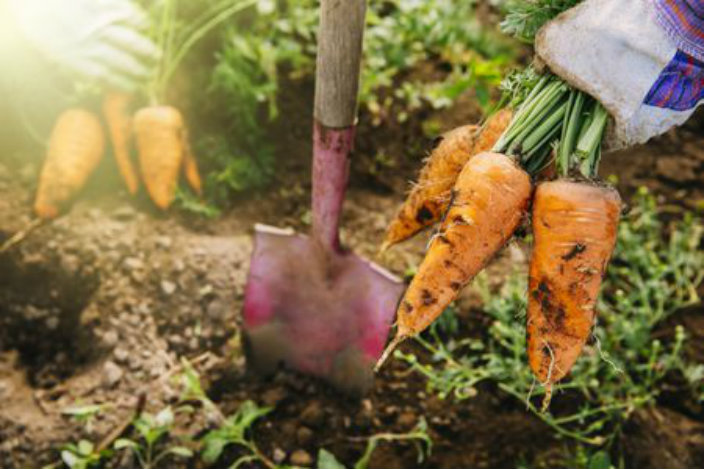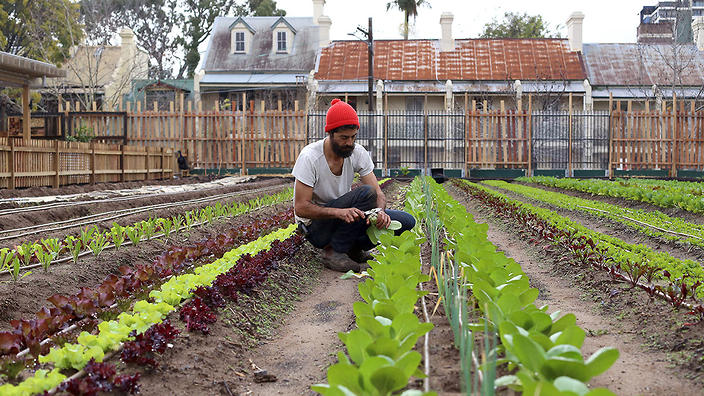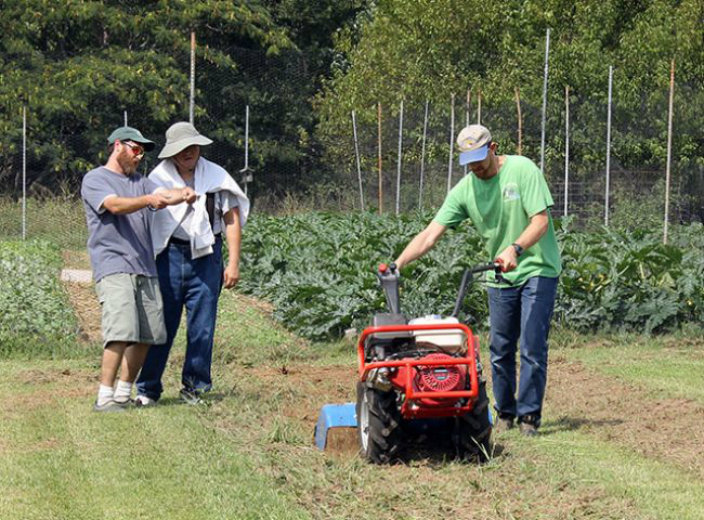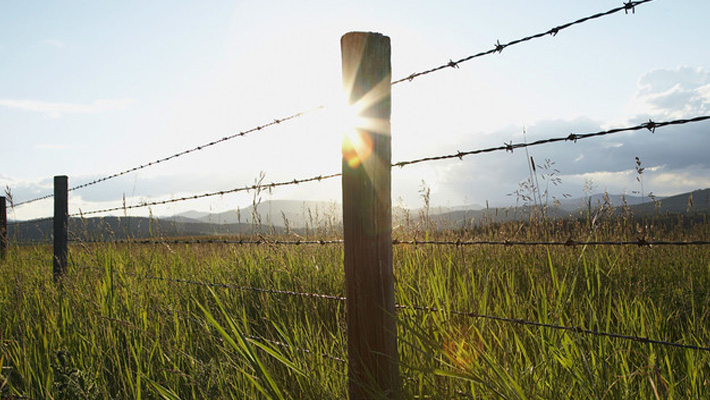Perhaps you’re a retiree who has finally got the time to devote to raise animals or grow vegetables? Or simply a person who looks for a productive and fulfilling activity to spend mornings and weekends? Plenty of people who have some free time on their hands decide to invest it in the rewarding hobby that is small-scale farming. If you too are thinking about starting a small hobby farm, you probably have a lot of questions. To help you make your small farm dream a reality, here are some helpful tips.

Take Small Steps Towards Your Goals

Like with anything in life, it’s important to have well-defined goals before you get started. First of all, decide whether you want to take care of animals or grow produce. Or perhaps you want to have a diversified farm that raises animals and crops? In any case, start small. Like for instance, by planting a small veggie or fruit garden or by taking care of a few laying hens. This way, you’ll experience a lower rate of failure which in turn will make you feel more relaxed and motivated as you expand with time.
Equip Yourself

Managing any farm, even a small-scale one, is hard work, but with the right equipment, it can be a lot easier. When it comes to farm products and equipment, no two farmers will have the same needs. Your choice should come down to a few defining factors, such as your budget, your primary goal, and the type of animals or plants you’re raising. When you’re operating a small farm, usually there’s no need to buy a tractor or rotating ploughs since your harvest won’t be that sizeable. On the other hand, a pick-up truck can be useful for hauling around supplies and farm products. Additionally, you’ll need some everyday farm products, like for instance a lightweight handcart to move things around, herbicides and pesticides for a garden, a variety of stable and livestock supplies if you’re raising farm animals, and so on. Make sure to ask for guidance, not only from farm products dealers but also from other farmers.
Protect Your Land

Both large and hobby farms need fences to protect their land from outside manipulation, as well as for keeping animals in. If you only have a small garden to protect, then a boundary fence made of barbed wire might be all you need. But if you have animals on your farm, you’ll need fences that are smooth on both sides to prevent livestock from scratching themselves. If you have poultry, a special chicken wire fence made of 20-gauge wire woven into diamond grids can keep foxes, hawks and other predators away. There are electric fences as well, which aren’t particularly dangerous but nevertheless send small electrical shocks when someone or something brushes against them.